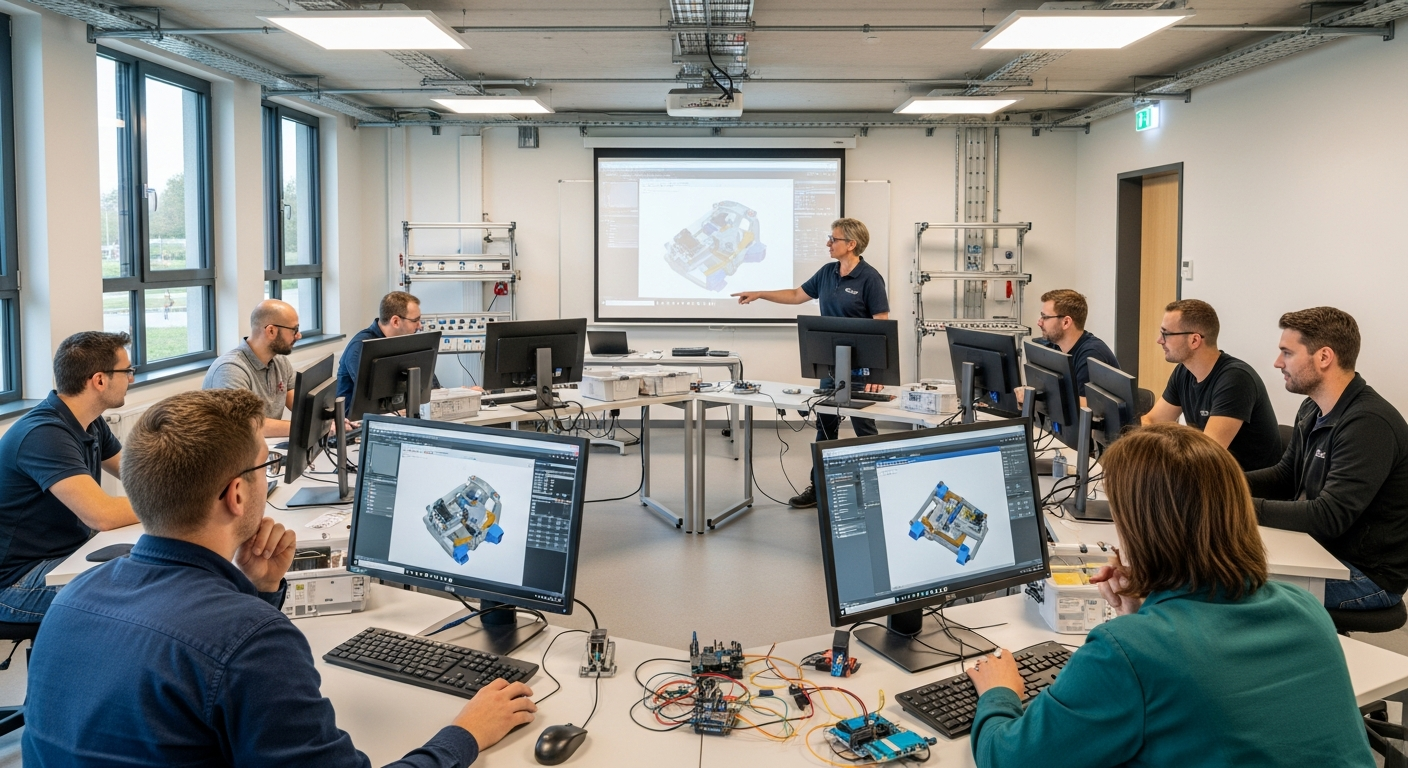Microcredentials: Revolutionizing Skill Acquisition in the Digital Age
The landscape of education and professional development is undergoing a seismic shift, with microcredentials emerging as a powerful tool for upskilling and reskilling in today's fast-paced job market. These bite-sized, focused learning experiences are reshaping how individuals acquire and demonstrate competencies, offering a flexible and targeted approach to career advancement. As traditional degrees face scrutiny, microcredentials are gaining traction among employers and job seekers alike, promising a more agile and responsive educational ecosystem.

Understanding the Microcredential Ecosystem
Microcredentials come in various forms, from short online courses and professional certifications to bootcamps and industry-specific badges. Unlike traditional degrees that often take years to complete, microcredentials can be earned in a matter of weeks or months, focusing on specific competencies rather than broad subject areas. This granularity allows learners to tailor their education to their career goals and the ever-changing demands of the job market.
The Benefits of Microcredentials for Career Advancement
One of the primary advantages of microcredentials is their ability to bridge the skills gap between education and employment. By offering targeted training in high-demand areas such as data analytics, digital marketing, or cybersecurity, microcredentials enable professionals to quickly acquire and demonstrate relevant skills. This agility is particularly valuable in industries experiencing rapid technological change, where traditional educational programs may struggle to keep pace.
Employer Perspectives on Microcredentials
Employers are increasingly recognizing the value of microcredentials in identifying candidates with specific, job-ready skills. Many companies now view these digital certifications as a reliable indicator of an applicant’s capabilities and commitment to continuous learning. Some organizations have even partnered with educational institutions to develop custom microcredential programs tailored to their industry needs, creating a direct pipeline of qualified talent.
Challenges and Criticisms of the Microcredential Model
Despite their growing popularity, microcredentials face several challenges. Critics argue that the proliferation of digital badges and certifications has led to a confusing landscape where the value and credibility of different credentials can be difficult to assess. There are also concerns about the depth of learning that can be achieved through short-term programs compared to traditional degree courses. Additionally, the lack of standardization across microcredential providers raises questions about quality control and transferability between institutions and industries.
The Future of Microcredentials in Education and Employment
As the job market continues to evolve, microcredentials are poised to play an increasingly important role in lifelong learning and career development. Educational institutions and employers are likely to collaborate more closely in designing and recognizing microcredentials, potentially leading to more standardized and widely accepted certifications. The integration of artificial intelligence and machine learning in credential verification and skills matching could further enhance the relevance and effectiveness of microcredentials in the hiring process.
Strategies for Leveraging Microcredentials in Your Career
For professionals looking to capitalize on the microcredential trend, strategic planning is key. Start by identifying skills gaps in your current role or desired career path, then research reputable providers offering relevant microcredentials. Consider the recognition of the credential within your industry and its alignment with your long-term career goals. It’s also important to balance microcredentials with broader educational experiences and practical application of skills to build a well-rounded professional profile.
Conclusion: Embracing the Microcredential Revolution
Microcredentials represent a significant shift in how we approach education and career development in the digital age. By offering flexible, targeted learning experiences that align closely with industry needs, they provide a powerful tool for professionals to stay competitive in a rapidly changing job market. As the ecosystem matures and standards evolve, microcredentials are likely to become an increasingly integral part of the educational and professional landscape, complementing traditional degrees and reshaping our understanding of lifelong learning and career progression.






